Do you ever feel like your digestion is a bit…off? You’re bloated, sluggish, or just not feeling like your best self. You’re not alone. Millions of people struggle with digestive issues, and if left unchecked, the health consequences could possibly be worse. The culprit might be closer than you think – your gut. Probiotics and gut health are easily attained; read more to find out how.
Your gut isn’t just responsible for processing food; it’s a complex ecosystem that affects your entire well-being. An unhappy gut can lead to a cascade of issues, from low energy and mood swings to weakened immunity and skin issues. It’s like a domino effect, and it can be frustrating to figure out where to start.
But here’s the good news; you have the power to transform your gut health and, in turn, your overall well-being. The key lies in re-examining all the food and drink that passes your lips and makes its way to your digestive track. By nourishing your gut with the right nutrients, and avoiding those foods and drinks that cause imbalance, you can regain your health. Probiotics and gut health go hand in hand. It’s that simple. Your objective is to create a thriving internal environment, and to feed that environment for sustainability. In doing so, you create a life-long internal ecosystem that supports optimal digestion, and strong immune system for optimal health and longevity. It’s easier than you may think!
Unveiling the Gut Microbiome: Your Inner World of Tiny Superheroes

There lies a fascinating world within you – your gut is a bustling metropolis teeming with trillions of microscopic residents called the microbiome. It’s population, not unlike any other ecosystem, requires stability. When numbers of the “good bugs” known as probiotics drop, this may cause an internal imbalance. Left unchecked, this imbalance can begin to adversely effect the many systems of your body. This may be why you’ve felt off… simply not well.
Think of probiotics as your body’s team of superheroes. Consider a scenario where your superheroes are no longer strong enough to ward off the enemy. Bad things happen – right? Probiotics are made up of live microorganisms – mainly beneficial bacteria that naturally occur in the human gut. Their job is to protect, and build in number and strength. When the opposite happens, it provides an ideal setting for the villain – disease to set in.
Let’s dig into a deeper understanding of probiotics and gut health. Probiotics are live microorganisms that, when administered in adequate amounts, confer a health benefit on the host. Research shows that these microorganisms are primarily bacteria, but certain yeasts and other microbes can also be considered probiotics. https:/t/reliancevitamin.com/blog/probiotics-tiny-organisms-with-huge-benefits/
Let’s break down what constitutes a probiotic:
- Live Microorganisms: The defining characteristic of probiotics is that they are live, active organisms. This distinguishes them from other substances like prebiotics (which feed the good bacteria) or postbiotics (which are the byproducts of probiotic activity).
- Primarily Bacteria: The vast majority of probiotics are bacteria, belonging to various genera like Lactobacillus, Bifidobacterium, Streptococcus, and others. Each genus and species has different strains, and each strain may have unique properties and health effects.
- Naturally Occurring: Many probiotic strains are naturally found in the human gut, forming a part of the complex gut microbiome. This is why they are generally considered safe for consumption.
- Health Benefits: To be classified as a probiotic, the microorganism must have demonstrated health benefits in scientific studies. These benefits can range from improved digestion and immune function to potential effects on mental health and weight management.
- Adequate Amounts: The health benefits of probiotics are dose-dependent. This means that enough live microbes must be consumed to achieve the desired effects. This is why probiotic supplements often list the number of colony-forming units (CFUs) per serving.

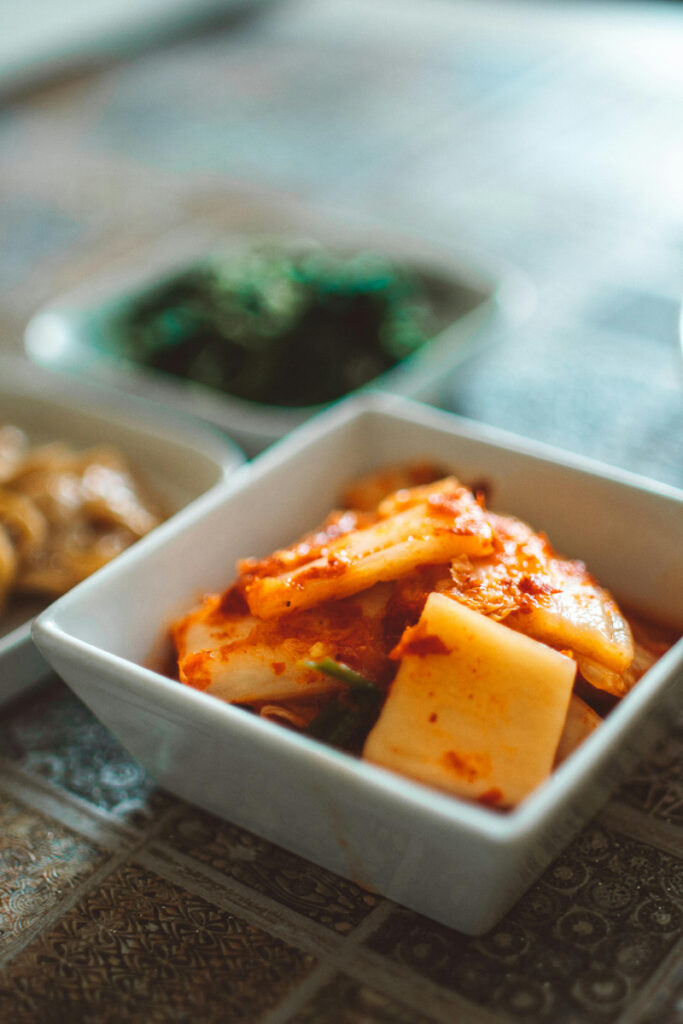
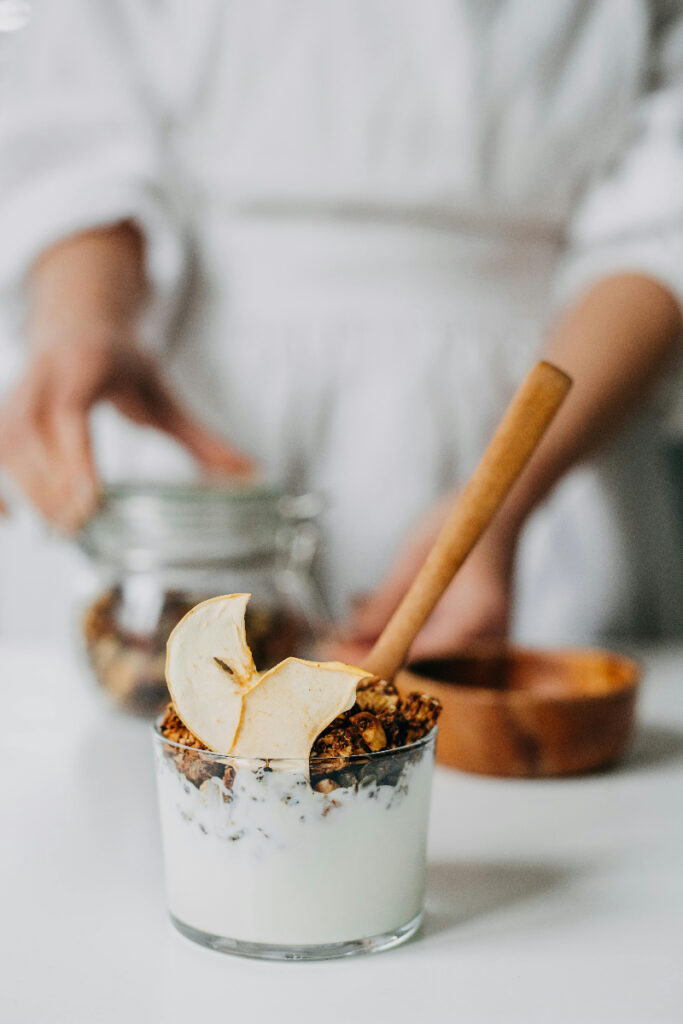
Common Types of Probiotic Bacteria:
- Lactobacillus: This is one of the most common genera of probiotic bacteria. Different species of Lactobacillus can help with digestion, lactose intolerance, and vaginal health. Boosting overall probiotics and gut health.
- Bifidobacterium: These bacteria are also prevalent in the gut and play a crucial role in digestion and immune function. They may also help reduce inflammation and improve symptoms of irritable bowel syndrome (IBS).
- Streptococcus: While some species of Streptococcus are harmful, others, like Streptococcus thermophilus, are used in probiotic supplements and fermented foods like yogurt. They can aid digestion and may have immune-boosting properties.
Other Potential Probiotics:
- Yeasts: Certain yeasts, like Saccharomyces boulardii, have probiotic properties and may be helpful in preventing and treating diarrhea, particularly antibiotic-associated diarrhea.
- Other Microbes: Research is ongoing to explore the potential probiotic benefits of other microorganisms, including certain types of fungi and viruses.
These tiny powerhouses work tirelessly, breaking down food, unlocking essential nutrients, and bolstering your immune defenses. But their influence doesn’t stop there. Emerging research suggests they even hold sway over your mood, mental health, and even your weight! This superhero team works around the clock to keep you in tip-top shape.
Research explains that probiotics’ influence extends beyond digestion, suggesting that probiotics may influence mood, mental health, and weight. https://www.mdpi.com/2077-0383/13/5/1436
Key Points to Remember about Probiotics and Gut Health:
- Not all microorganisms are probiotics. To be considered a probiotic, a microorganism must be live, naturally occurring, and have proven health benefits when consumed in adequate amounts.
- Different strains of probiotics have different properties and potential health benefits.
- Probiotics are generally safe for most people, but it’s always a good idea to consult with a healthcare professional before starting a new supplement, especially if you have any underlying health conditions.
- Probiotics can be found in fermented foods like yogurt, kefir, sauerkraut, and kim chi, and in dietary supplements.
In essence, a healthy gut microbiome is an imperative component of overall health and well-being. By incorporating probiotic rich foods and/or supplements into your diet, you can support the balance and diversity of your gut bacteria and reap the numerous benefits they offer. So, let’s embark on a journey to discover how we nurture them for a lifetime of vital health.
Think of Your Gut as a Garden: Fertilize it with the Right Foods
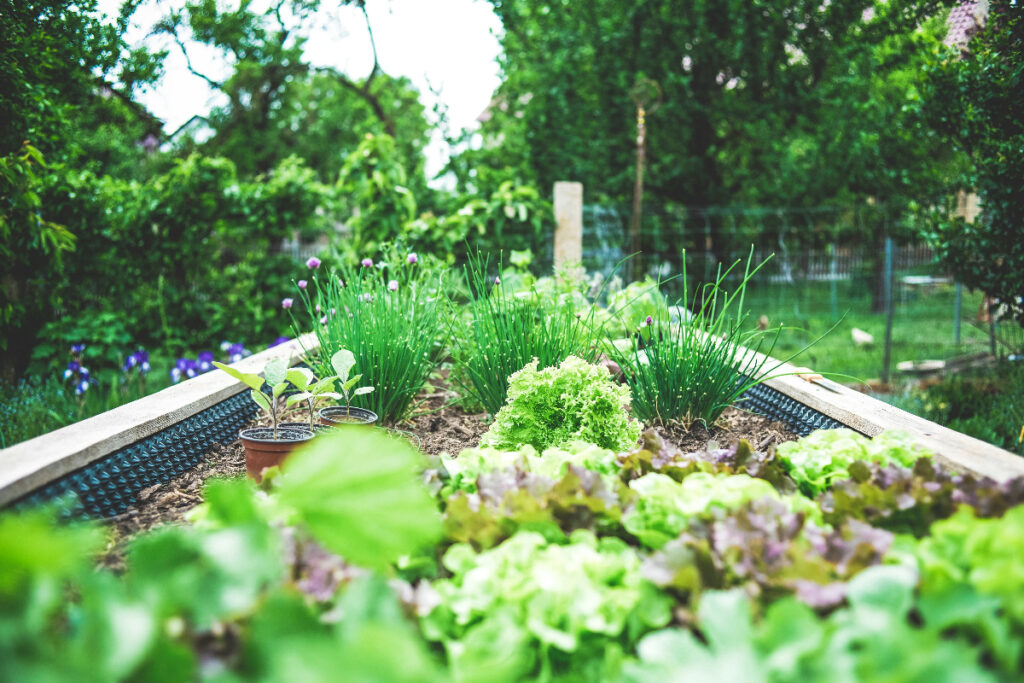
Imagine your gut as a glorious garden, teeming with diverse life. Like a garden, it needs the right nourishment to flourish. Gut friendly foods act as “fertilizer,” directly influencing the health and diversity of your gut microbiome.
Choosing the right “fertilizer” is essential. Gut friendly foods. A diet rich in whole, unprocessed foods provides the essential nutrients your gut microbes crave, fostering a balanced and thriving ecosystem. On the other hand, a diet filled with processed foods, sugary drinks, and artificial ingredients is like dousing your garden with gasoline, suffocating the delicate balance and possibly “lighting a fire” which may set your health issues ablaze!
The current status of probiotic research and its associated health benefits have been extensively explored in recent literature. https://www.sciencedirect.com/science/article/pii/S2772502222001457
You have the power of prevention on your side, when you understand the importance of probiotics as a tool to create better health. Once you utilize this powerful gut-diet connection, you hold the keys to a happier gut and healthier you. Let’s explore the foods that will nourish your gut garden and those that might wreak havoc. This knowledge is power, yet it only becomes powerful when you implement it.
Choose Foods to Build Your Gut Garden
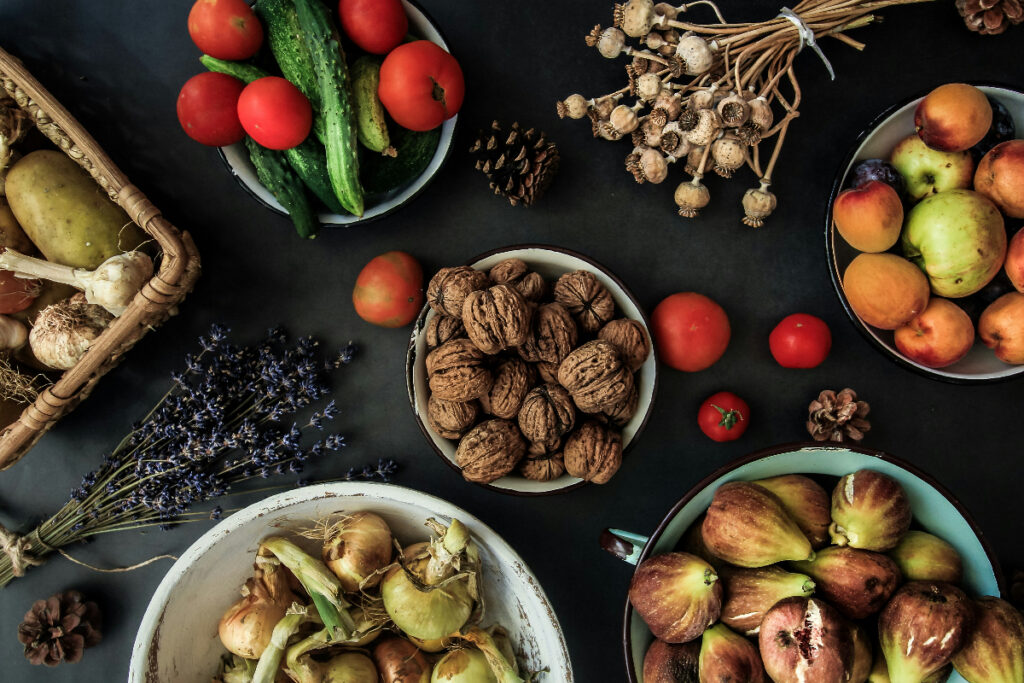
- Fiber-Rich Foods: Fiber is fuel for your gut bacteria. It promotes regular bowel movements, prevents constipation, and contributes to a feeling of fullness. Load up on fruits, vegetables, whole grains, and legumes to keep your gut microbes satisfied.
- Fermented Foods: These foods are teeming with beneficial bacteria (probiotics) that can enhance your gut microbiome’s diversity and function. Yogurt, kefir, sauerkraut, kimchi, and kombucha are delicious and gut-friendly natural probiotic options.
- Prebiotic Foods: Prebiotics are like fertilizer for your gut bacteria. They nourish good bacteria and help them thrive. Onions, garlic, bananas, asparagus, broccoli, cauliflower and artichokes (crusifarus vegetables) are excellent sources of prebiotics.
- Healthy Fats: Don’t shy away from healthy fats! They play a crucial role in gut health by reducing inflammation and supporting the absorption of fat-soluble vitamins. Include avocados, nuts, seeds, olive oil, and fatty fish in your diet for a happy gut.
“Probiotics – the versatile functional food ingredients” provides an excellent resource for building your gut garden. https://pmc.ncbi.nlm.nih.gov/articles/PMC4837740/
In addition, please find more information on the benefits of a whole foods diet in our article, annklecanwrites.com/detox-your-life-5-simple-ways-to-cleanse-your-body-naturally/
Foods that Destroy Your Gut Garden
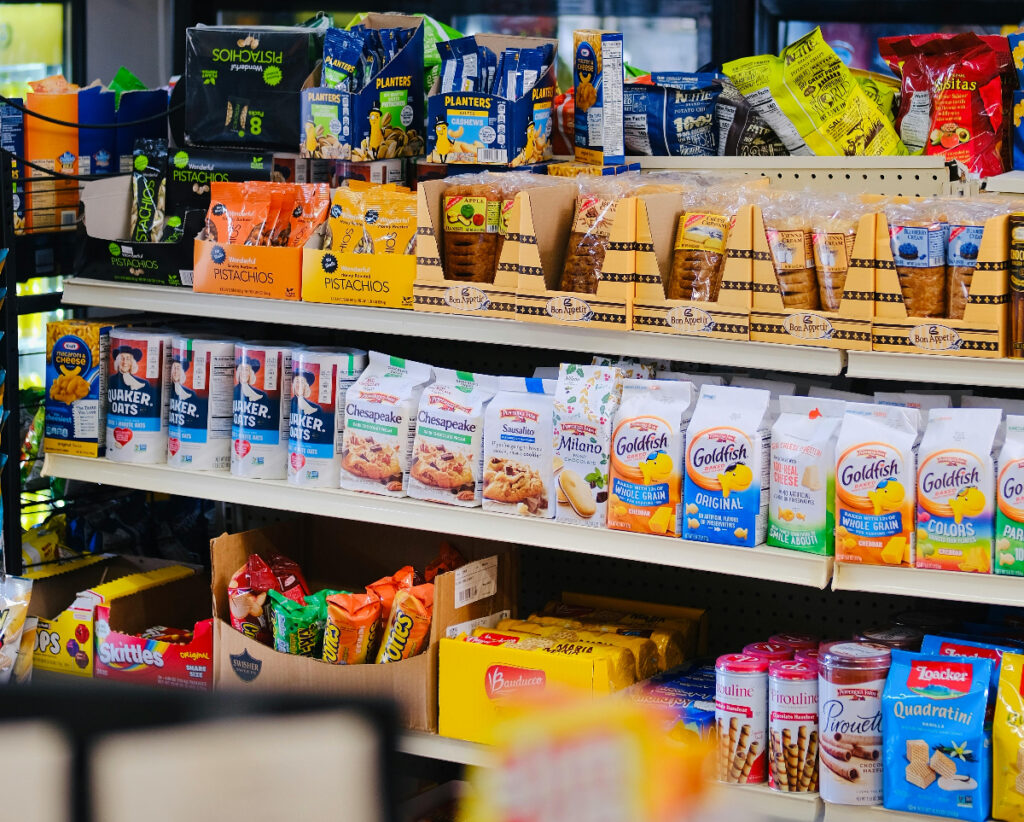
- Processed Foods: These highly refined foods are often low in fiber and nutrients, and they can disrupt the balance of your gut microbiome. Destroying probiotics and gut health.
- Sugary Drinks: Excessive sugar intake can fuel the growth of harmful bacteria in your gut, leading to an imbalance, and may cause ill health.
- Artificial Sweeteners: Studies suggest that artificial sweeteners may negatively impact gut bacteria and contribute to metabolic issues. Choose natural sweeteners instead – like stevia, agave and honey. Dates and figs are also ideal natural sweeteners.
- Excessive Alcohol: Alcohol can irritate the gut lining and disrupt the gut microbiome’s balance.
Here, research provides greater detail on the detrimental effects of these toxic foods on your “gut garden.” https://www.sciencedirect.com/science/article/abs/pii/S0963996923002752/
Additional Tips for a “Happy Gut”
- Manage Stress: Chronic stress can negatively affect your gut health. Practice stress management techniques like mindfulness, meditation or yoga. A simple walk in nature is an excellent stress reliever.
- Prioritize Sleep: Adequate sleep is essential for overall health, including gut health. Aim for 7-8 hours of quality sleep each night.
- Stay Hydrated: Drinking plenty of water helps maintain healthy digestion and also supports the gut microbiome. It is a purely natural body detoxifier. So, keep your water pure.
To maintain probiotics and health gut, it’s crucial to limit or avoid processed foods, sugary drinks, artificial sweeteners, and excessive alcohol. These disruptors can potentially ruin your gut microbiome’s balance, risking your overall health.
When Your Gut Garden is Under Attack – Digestive Disorders:

- Irritable bowel syndrome (IBS): A chronic condition characterized by abdominal pain, bloating, constipation, and diarrhea.
- Inflammatory bowel disease (IBD): A group of chronic inflammatory bowel conditions, including Crohn’s disease and ulcerative colitis.
- Celiac disease: An autoimmune disorder triggered by gluten, a protein found in wheat, barley, and rye.
- Small intestinal bacterial overgrowth (SIBO): An excessive number of bacteria in the small intestine.
- Gastroesophageal reflux disease (GERD): A condition in which stomach acid flows back up into the esophagus, causing heartburn and other symptoms.
Other Diseases:
- Type 2 diabetes: A chronic condition characterized by high blood sugar levels.
- Obesity: A condition characterized by excessive body fat.
- Cardiovascular disease: A group of diseases affecting the heart and blood vessels.
- Autoimmune diseases: A group of diseases in which the body’s immune system attacks healthy tissues.
- Neurological disorders: A group of diseases affecting the nervous system, such as Alzheimer’s, Parkinson’s and multiple sclerosis.
- Mental health conditions: Research suggests a link between gut health and mental health conditions like anxiety and depression.
- Skin conditions: Certain skin conditions, such as eczema and psoriasis, may be linked to gut health.
“Gut microbiome and health: mechanistic insights” provides clear evidence that an imbalanced gut microbiome may be the underlying cause of many diseases. https://gut.bmj.com/content/71/5/1020 It’s important to note that these are just some of the diseases that have been linked to gut imbalance. Research in this area is ongoing, and more is being learned about the complex relationship between gut health and overall health every day.
From Sluggish to Supercharged: Take Control of Your Gut Health Today!

So, when feeling bloated, sluggish, or simply not your best – turn your attention to your gut. This powerful ecosystem, teeming with trillions of microbes, holds the key to your overall well-being. By nourishing your gut with the right foods – like fiber-rich fruits, vegetables, and whole grains, fermented foods packed with probiotics, and prebiotic powerhouses – you can cultivate a thriving internal garden.
Remember, a healthy gut isn’t just about digestion; it’s about unlocking your full potential for energy, immunity, and even mental clarity. So, ditch the processed foods, sugary drinks, and artificial ingredients, and embrace the transformative power of a gut-friendly diet. Your journey to a healthier, happier you starts today!
Want to add more wellness into your life? Please check out our portfolio for more holistic health topics and tips. https://annklecanwrites.com/health-writer-portfolio-showcasing-my-best-work/
